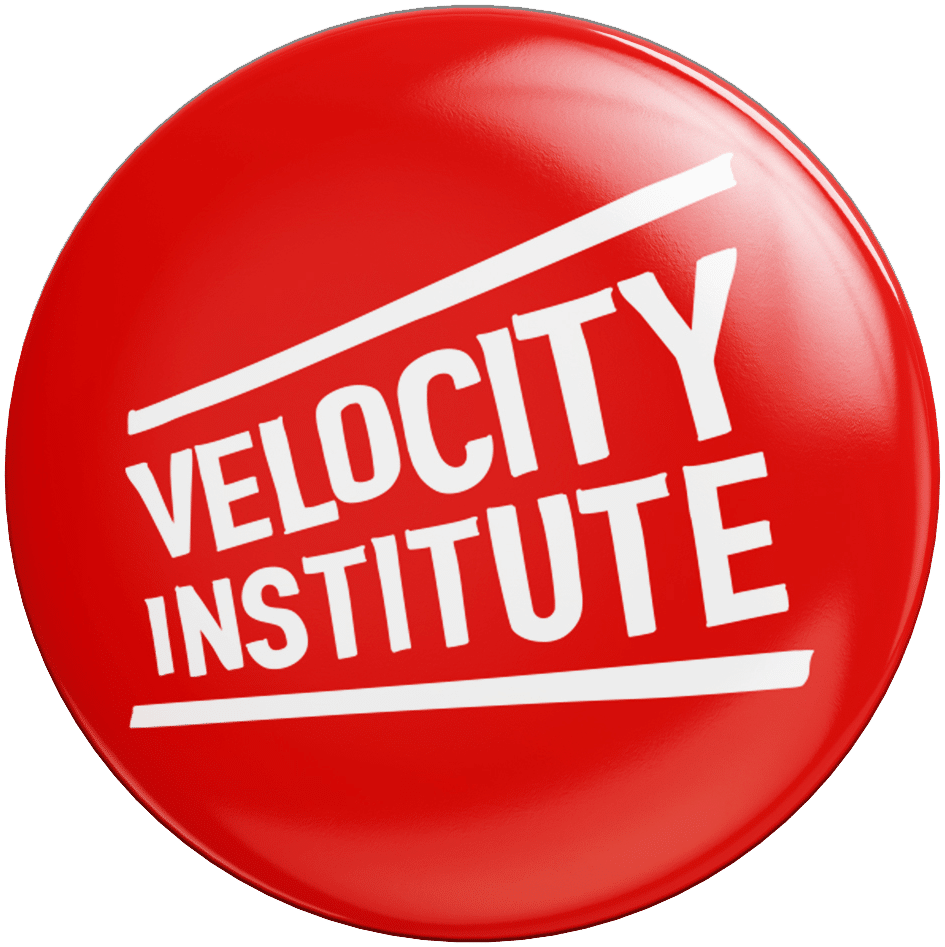Retailers can’t ace sustainability efforts on their own. It requires engaging Retail Brand (private brand) suppliers throughout almost every stage of complex sustainability journeys. In presentations at the Velocity Institute (RBI) Sustainability Summit retailers from Wakefern Food Corp., Walmart and Tesco outlined how they are bringing suppliers along on these initiatives.

Wakefern Provides Supplier Guidance
“We are collaborating with suppliers beyond the transactional and bringing them along on our sustainability journey,” said Robert Zuehlke, Manager of Corporate Social Responsibility, Wakefern.
Wakefern is actively mapping its packaging footprint to develop a baseline and working with the supplier community to provide guidance on prioritizing more sustainable packaging design.
Zuehlke said the retailer leverages a platform from Solutions for Retail Brands (S4RB) to help engage suppliers in its sustainability efforts.
Moreover, Wakefern has launched a “responsible sourcing initiative” involving suppliers, which focuses on elements including key commodities and issues such as deforestation.

Walmart Seeks Innovative Solutions
Speakers from Walmart communicated how the company is advancing its Retail Brand commitments for sustainability and seeking supplier partnerships.
“In private brands, we are committed to driving towards a regenerative future,” said Cheryl Lam, Walmart’s Sustainability Packaging Leader, Private Brands. “We are embedding sustainability and the circular economy as part of our everyday focus. We want to pilot innovative solutions and reduce our plastic footprint.”
In the first quarter Walmart will unveil a “circular connector” to enable suppliers to add their latest innovations, which will be vetted by subject matter experts. Walmart will also continue to hold events that encourage companies to share innovative sustainability solutions with the retailer.

Tesco Communicates Packaging Requirements
Tesco is aiming to reduce complexity to help its suppliers drive more sustainable packaging, said speaker Paul Earnshaw, Senior Packaging Manager. The retailer is leveraging a color-coded system to relay to suppliers which packaging materials are acceptable and which are not, and the information is constantly updated.
“It’s a way to think about different materials,” he said. “And it’s only the start of the journey.”
Meanwhile, in an effort to relay more extensive guidance, the retailer has pulled together some 114 pages of packaging information for its supplier base to teach companies how to optimize packaging for sustainability. Download the report.
“The philosophy we apply on packaging is to have highest possibility of a good outcome,” he said. “That is a real-world way of balancing all things and we translate this into things suppliers can do something with.”
Related Incites
2025 EVENTS
TICKETS, SPONSORSHIPS & EXPO BOOTHS NOW AVAILABLE







